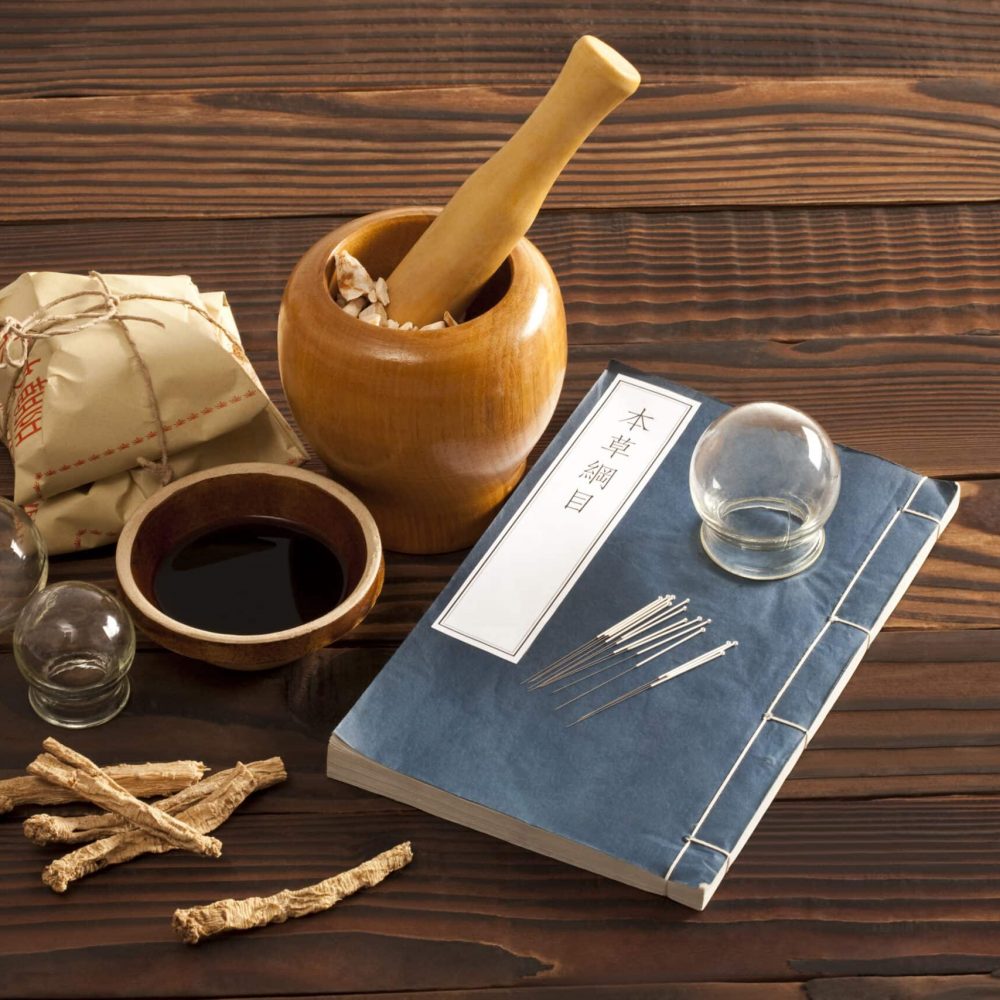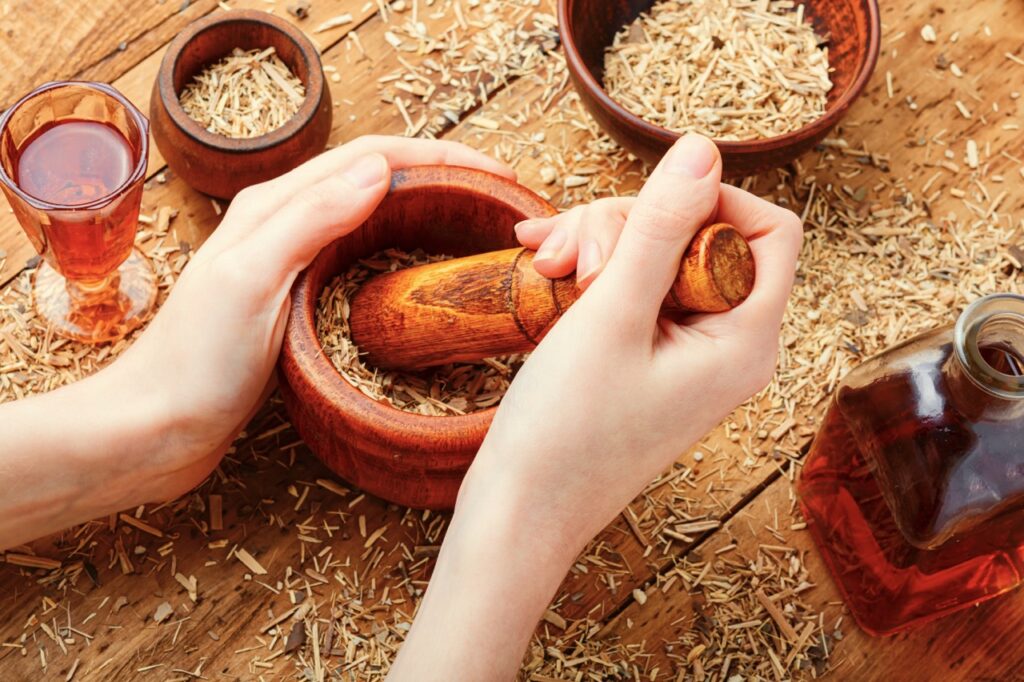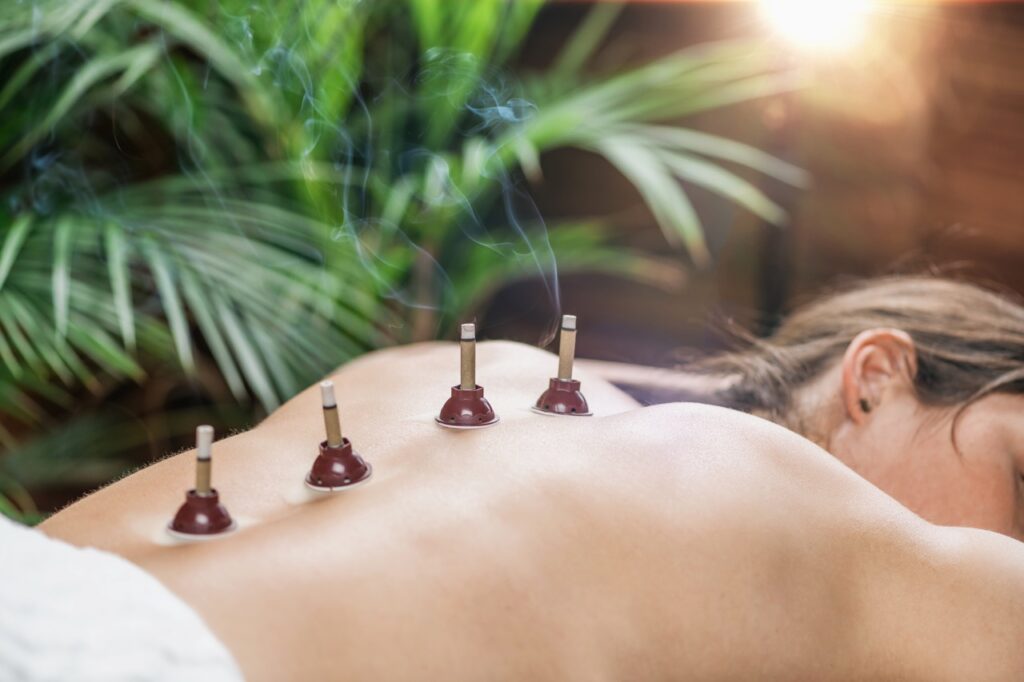Fees
-
First consultation $145
Includes a comprehensive and detailed evaluation of the patient's health history, encompassing past medical conditions, surgeries, medications, allergies, and family medical history. This thorough assessment is crucial for understanding the patient's overall health status and identifying any potential risk factors or underlying conditions that may influence their current health. Based on this extensive evaluation, the healthcare provider will offer personalized treatment recommendations tailored to the patient's specific needs and health goals. The goal is to create a holistic and individualized treatment plan that addresses the root causes of health issues and promotes long-term wellness. Regular follow-up appointments and monitoring will be essential to assess the effectiveness of the treatment plan and make any necessary adjustments to ensure optimal health outcomes.
-
Follow up consultation $90
The Herbal medicine prescription is a separate cost*

Treatment recommendation is decided upon examination and discussion with the patient of the treatment plan to achieve the therapeutic outcome they are looking for.
Chinese medicine is an incredibly individualistic approach to wellness. There is an axiom in Chinese medicine “same disease, different treatment” and “different disease, same treatment”. This signifies that whatever the label of disease, the most important factor is the symptoms of disharmony the body is conveying, a form of messaging that something is off-balance.
All modalities within Chinese Medicine at their core essence are trying to establish balance within the organism. This balance is the body’s own intrinsic harmony with the dynamic motion of life’s circumstances. Even in difficult times, the body is trying to maintain a sense of harmony.
Therapies used in Chinese Medicine include Acupuncture, Moxabustion, Herbal Medicine, dietary and movement based approaches.

Herbal Medicine
In East Asian countries, herbal medicine is the most popular choice of therapy. Chinese Medicine is incredibly unique in its utilization of various substances (mostly plant based, sometimes minerals, and in certain occasions animal based if pertinent and agreed upon) to address the patterns of disharmony. There is various forms the herbal prescription can be administered such as in Raw herb form that is boiled, known as a decoction, or in convenient powder form easily dissolved in hot water, known as granules, and in pills. Generally the most effective types are in decoction and granular/ powder formats, but sometimes herbal pills are a suitable choice.

Acupuncture
Acupuncture is a hair-fine needle therapy that stimulates neurovascular sites for increased circulation, nerve conduction, and muscle function. While there are different types of acupuncture styles, what is most important is the diagnosis and the selection of points will be selected to fit the diagnosis and address the chief of complaint. The sensations to be expected is a slight pinch at the time of insertion, that is relatively painless, but then one might feel a distention, a heaviness, or a radiating sensation to other parts of the body, this is what is called attaining the Qi 得氣, a marker for successful therapeutic outcome. Also it is important to notate there are various techniques within acupuncture the acupuncture doctor will decide to use depending on the condition, there is not one size fits all approach.

Moxibustion
In Chinese, acupuncture is called Zhen Jiu 針灸 which translates to means Needle and moxibustion. This moxibustion consists of burning an herb called Mugwort close to the body to increase micro circulation to the area. It is often utilized in areas where there is numbness, sensations of coldness, of weakness, of rigidity, and overall deficient states where there is lack of warm blood circulating to nourish the tissues. There are also different forms the Mugwort plant can be utilized depending on the condition.



